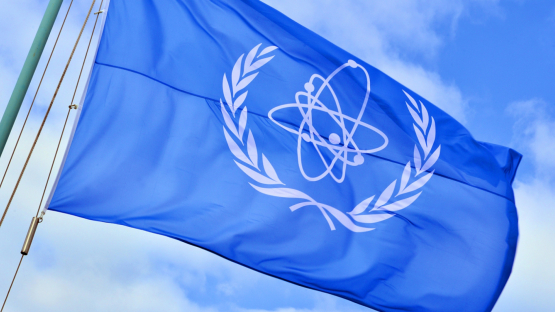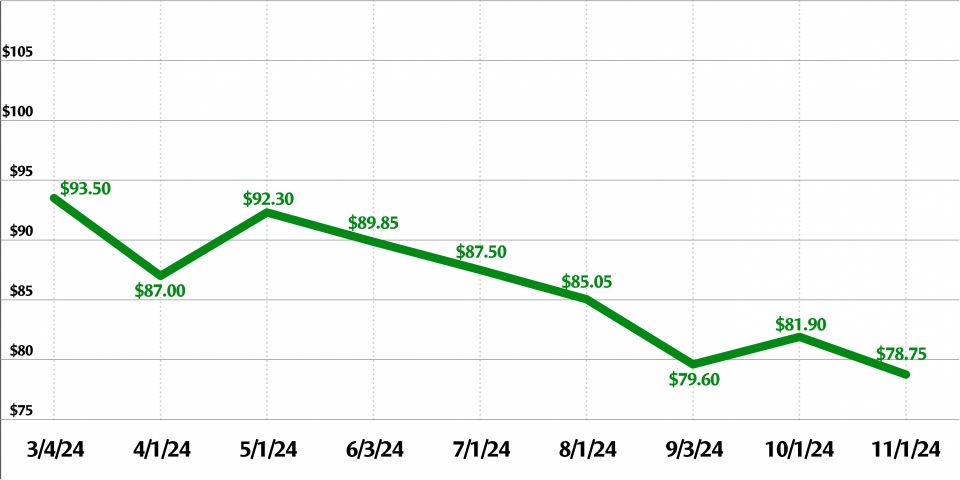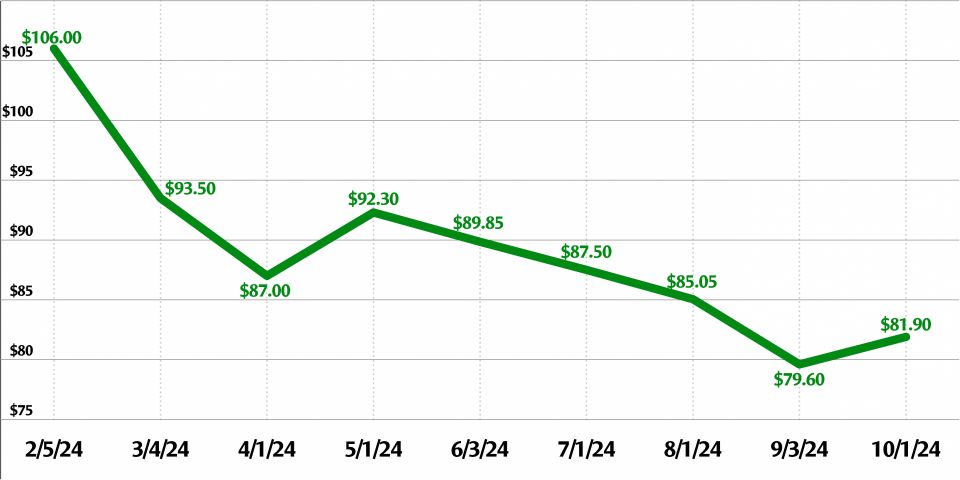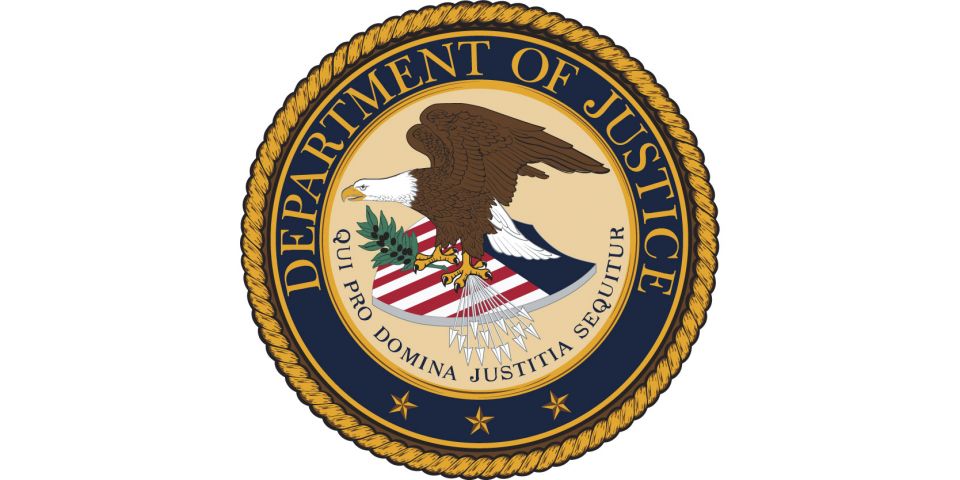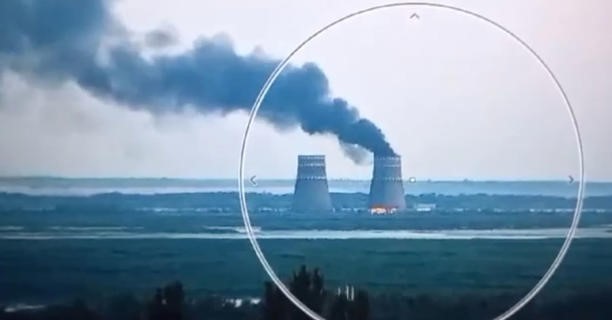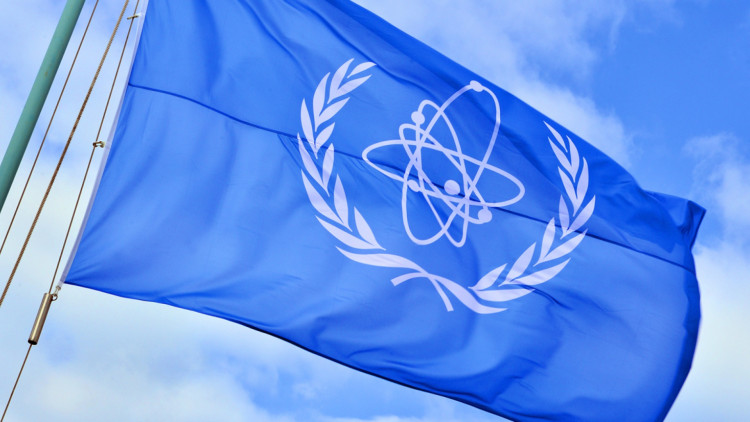How HBO Got It Wrong On Chernobyl
I just knew it! I was hoping I'd be wrong, that HBO would have the courage and integrity to do their homework and consult even one actual nuclear scientist or radiobiologist. Or even just read the United Nations Chernobyl Forum Report, the best source of information on the disaster for non-nuclear people.
But nooo...they decided that talking to journalists, historians and anti-nuclear activists was much better. Certainly, it was much more dramatic.
The HBO miniseries Chernobyl has been praised for its realistic portrayal of the place and times. And in that respect, it was mightily impressive. The acting was fantastic, the script, scenes and props gave a realistic feel of the collapsing Soviet Union, and there were awesome set designs, especially of the control room and the explosion itself.
Looking at archaic cathode-ray tube technology with old dials and eerily-lighted numbers brought back memories from work in the 70s and 80s.
It was good that Chernobyl screenwriter and creator Craig Mazin nailed the politics, the bureaucratic lies and deception, and a manager over-riding safety protocols. But on the key aspect of the whole affair - radiation - the miniseries failed completely.
And radiation is the key aspect. It's why we remember Chernobyl at all. If it had been any of a number of gas plant explosions, coal impoundment failures or oil tanker derailments with the same casualties and environmental effects, we wouldn't give it a second thought.
The reason the miniseries failed on radiation and death is that, for the health and environmental effects, Mazin deliberately avoided talking to experts on this subject. Instead, the miniseries closely followed a recent book, Voices From Chernobyl, by Belarusian Nobel Laureate Svetlana Alexievich, that is a compilation of interviews with survivors of the nuclear reactor accident.
Alexievich is a journalist and oral historian whose book is not based on scientific knowledge of the events or the actual health effects, but impressions from people who lived through it, or knew people who lived through it.
So the emotional impact of the miniseries was spot-on while the scientific impact wasn't much better than The Simpson's.
Too bad. Chernobyl appears to be the highest rated show of all time on IMdb and was the best opportunity we had yet to get this right for the public, to tamp down the fearmongering of radiation that has killed more people than radiation ever has.
Mazin insisted that his mini-series would stick to the facts. "I defer to the less dramatic version of things," Mazin said, "you don't want to cross a line into the sensational."
Then why did the miniseries cross the line into sensational over and over again with respect to radiation? Why didn't Mazin just talk to a nuclear scientist? There are some really good ones just a stone's throw from him. Any nuclear graduate student would've worked for scale just to get on a movie set. Mazin probably spent more on donuts.
There have been several good reviews and critiques of the miniseries, many by experts that were there and who have worked on the issue over the decades since, treating and monitoring the people and the places, even those of us who designed clean-up strategies for the surrounding areas.
We all say the same thing - only the fear of radiation killed anyone outside the immediate area of Chernobyl. All health and epidemiological studies (1, 2, 3, 4, 5, 6, 7, 8) have shown that the long-term mental health effects from radiophobia - fear - were the only significant public health consequence of the accident outside of the vicinity of Chernobyl itself.
Many have gone point-by-point through the miniseries to fact-check the science, which is tedious, but a few examples can illustrate the problem. All look great on the screen but to the non-scientist, they subtly and forcefully promulgate these myths of radiation and death.
The worst was the pregnant wife of a firefighter visiting her husband suffering from acute radiation syndrome (ARS), during which the baby absorbed so much radiation that it died. HBO's fictional scientist-hero, played wonderfully by Emily Watson, stated "The radiation would have killed the mother, but the baby absorbed it instead."
What? Are you crazy? This could not happen.
The father was not radioactive - he received a dose of radiation which cannot make you radioactive. Radiation sickness is not contagious. Only ingesting a huge amount of radioactive material can make you radioactive, and that did not happen to anyone because of Chernobyl.
But this fictional story did appear in Voices From Chernobyl, told to Alexievich by someone at someplace, so Mazin thought it must be true. Except it wasn't.
Multiple studies have shown that there were no pregnancies affected by radiation from Chernobyl, although many unnecessary abortions were performed out of unfounded fear.
Says UCLA's Dr. Robert Gale, "We estimate incorrect advice from physicians regarding the relationship between maternal radiation exposure from Chernobyl and birth defects resulted in more than one million unnecessary abortions in the Soviet Union and Europe.
Many of the very same well-meaning but ill-informed physicians that Alexievich interviewed for her book.
Dr. Gale is a world-renowned expert on bone marrow transplants who immediately went to treat the Chernobyl victims after the accident and spent two years working there. For the next 30 years, Gale worked on several studies of the long-term medical consequences of Chernobyl.
Another absurd scene from the miniseries takes place in the local hospital that appears to show children suffering from acute radiation syndrome. That did not happen. The only cases of ARS were among the firefighters and the workers, none in the public, even from the local town of Pripyat. Certainly not in any children.
It takes over 1,000 millisieverts (mSv) to get ARS, and that depends on the dose rate, all at once or over awhile, and the type of radionuclide. The average dose to the people of Pripyat was only about 30 millisieverts, equivalent to three whole-body CT scans, an amount that has never been seen to cause health effects of any kind. Outside of this local population, the doses never exceeded 10 mSv - just one rem - per year, an amount of background radiation common in many places around the world where hundreds of millions of people have lived for centuries without any measurable harm.
All in all, the National Institutes of Health recently declared that, "In spite of the best efforts of statisticians and epidemiologists, the claimed thousands of Chernobyl-induced cancers and mutations have yet to manifest themselves."
And we have been looking really, really hard for 33 years.
But whether it was the Bridge of Death scene, the Helicopter scene, pretending radiation makes you start bleeding, pretending a nuclear reactor can go off like a nuclear bomb, or claiming a dramatic spike in cancer rates across the Ukraine and Belarus, for radiation and death the script was a fictional historical drama - heavy on the drama.
So who did die?
According to the IAEA, the United Nations Coordinator of Humanitarian Affairs, the United Nations Development Program, the United Nations Food and Agriculture Organization, the United Nations Environment Program, the United Nations Scientific Committee on the Effects of Atomic Radiation, the World Health Organization, and the World Bank, and the governments of Belarus, Russia, and Ukraine, the actual fatalities were:
- 2 immediate, non-radiation deaths
- 29 early fatalities from radiation (ARS) within 4 months from radiation, burns and smoke inhalation,
- 19 late adult fatalities presumably from radiation over the next 20 years, although this number is within the normal incidence of cancer mortality in this group, which is about 1% per year, and
- 9 late child fatalities resulting in thyroid cancer, presumably from radiation.
These are serious results from a horrible accident, but they don't rise to the level of hundreds of disasters from chemical explosions, dam failures, coal-mining disasters, or even the thousands of Americans who die every year from food-poisoning.
You'd never understand this from HBO's Chernobyl. But the sets sure were nice.


